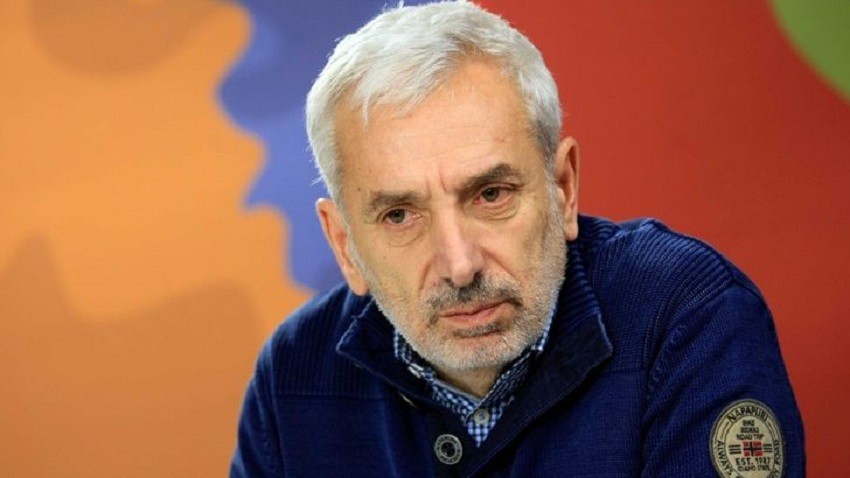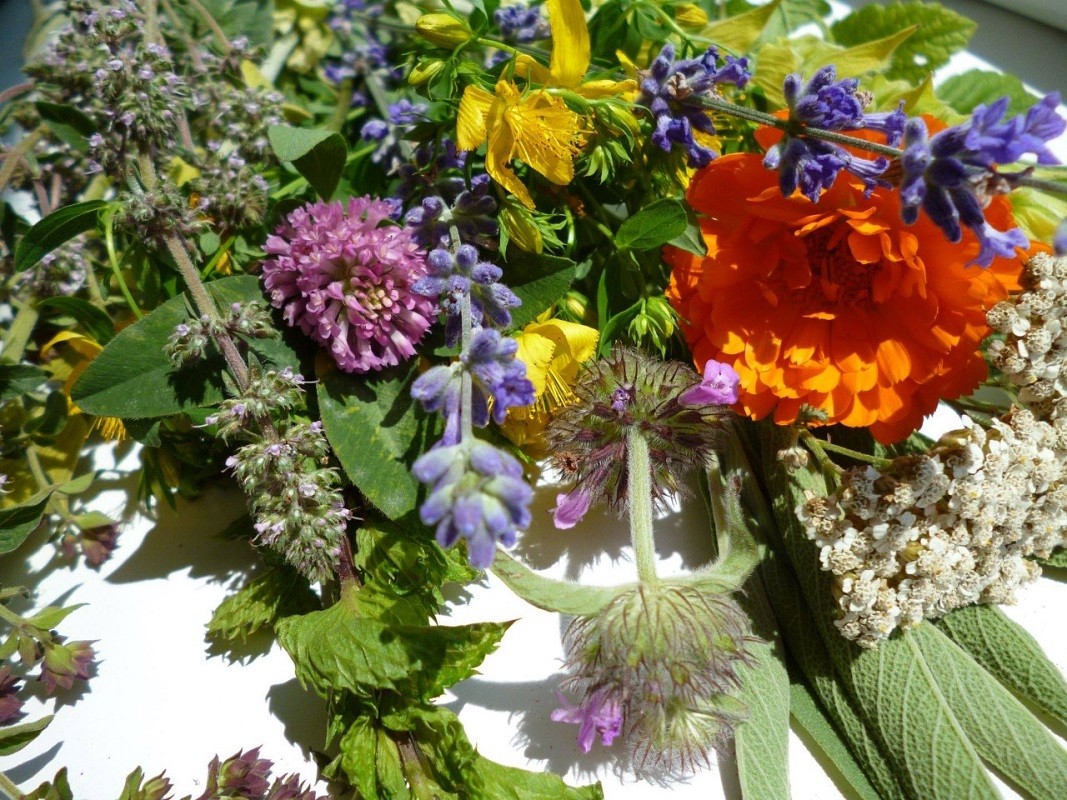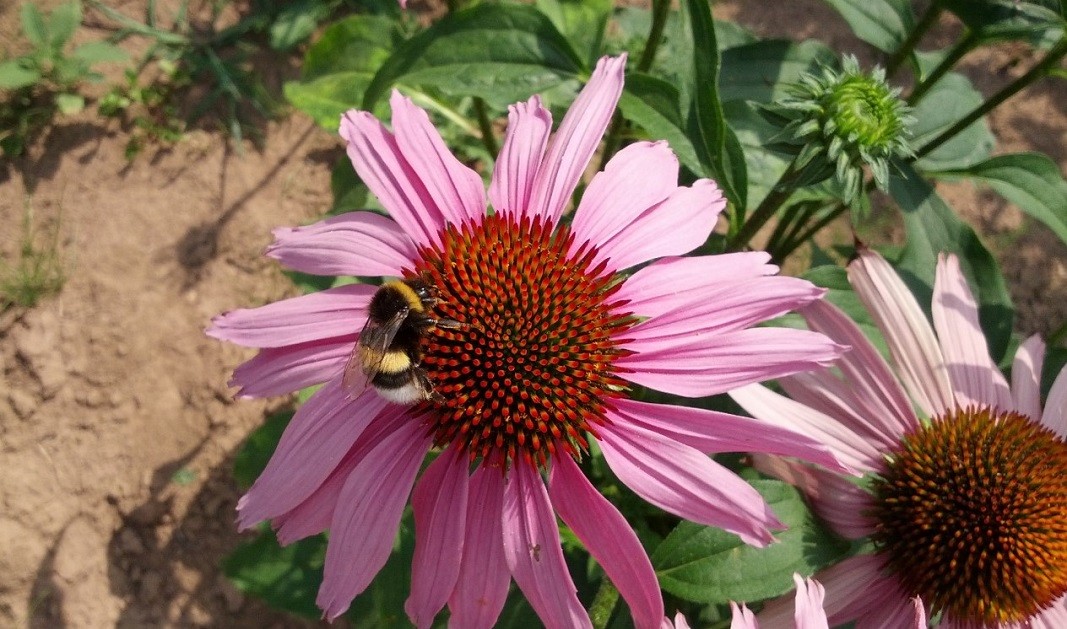It would be difficult to find a person in Bulgaria who has no knowledge of basic herbs and has not applied a herbal treatment at least once in their lives. Bulgaria has an extremely rich and diverse nature so a huge variety of medicinal plants are encountered in Bulgarian lands. According to researchers, some 3,600 herb species grow in Bulgaria as almost 700 of them can be used for medicinal purposes and each year people regularly gather some 300 herbal species. For decades now, Bulgaria has been in the list of countries growing the most high-quality medicinal plants. However, only a small portion of all herbs gathered in Bulgaria remains in this country as more than 80% of the annually harvested 15 thousand tonnes of herbs are exported abroad, mainly to the USA and countries in Western Europe.
Yet, this old-standing tradition of Bulgarians going out in nature to collect herbs seems to have started to disappear, says Desislav Dionisiev, executive director of a large company for herbal products known both in Bulgaria and on the world markets. “Herbs are an important part of agriculture, for this reason many countries in the EU pay a lot of attention of herb gathering and to the cultivation of herbs, in particular”, he told Radio Bulgaria.

"There is only one way to keep the interest in herbs gathering in Bulgaria and that is for the pickers to get paid on time so that they continue to pick herbs, because it is a very time and labour-consuming work. There are places in Bulgaria where herb gathering is still the main activity and the main livelihood of the people. This is also very important for retaining the population, because there are many depopulation places in Bulgaria, there are no residents in the villages. Therefore, herb gathering should be preserved as a livelihood and supported. Very soon there will be about 8-10 cities with inhabitants in Bulgaria, and in the villages there will be no one to even say hello to you. That is why I have been insisting for already 30 years that this industry should be taken seriously as very important for small towns and villages. So far, however, no one has paid attention, I doubt that even now anyone will listen to me."

In Bulgaria, no one pays attention to herbalism, says Desislav Dionisiev and adds that his company pays high fees to the state for using natural products. But this money does not go to the development of the sector, and there is also an urgent need for training of the people who gather the herbs, because they must know well the hundreds of types of herbs that exist in Bulgarian lands.

Some types of herbs are cultivated in Bulgaria, thus ensuring greater quantities and controlling the qualities of the medicinal plants. "Mostly lemon balm, mint, milk thistle, marsh mallow, thyme are cultivated here, but this is between 5 and 10% of the total volume of herbs that are collected in Bulgaria", explains Desislav Dionisiev:

"Quality requirements are constantly increasing worldwide, and we are making huge efforts to be competitive and reach the levels that are set in the world. We export herbs in bulk. After the herbs are bought from the people who gather them, a long process begins at the plant until they are ready for export. About 200 persons are employed only at the Bulgarian factory of Bioprograma, in Poland there are 15 and in the USA there is a company where 30 people work for our company. In addition to these jobs, however, we provide livelihood to thousands more people, those who cultivate and grown herbs and those who gather the herbs. It's not just a seasonal job, it's a year-round job. From our big customers in the USA, everyone knows our name, the big companies in Europe also know us. When we talk about a successful business, there is no point in advertising, it is important to do our job well, and the fact that we are in such demand means that we succeed."
Photos: BioprogramaThe likelihood of Bulgaria joining the eurozone on 1 January 2026 is growing by the day. The country would become the 21st EU member to adopt the single currency. The signals are coming both from the Bulgarian government, which has repeatedly stated..
The Bulgarian National Bank (BNB) has again reduced the key interest rate in the country . As of May 1, it will now be 2.24 percent. The decrease compared to April is 0.15%, when it was 2.39 percent. This is the eighth consecutive month of a decrease in..
An analysis by the Ministry of Economy and Industry shows that in 2024, Bulgaria's trade with the United States accounted for 1.7% of the country’s total trade volume, with exports to the U.S. making up 2.6% of total exports and imports from the U.S...

+359 2 9336 661
